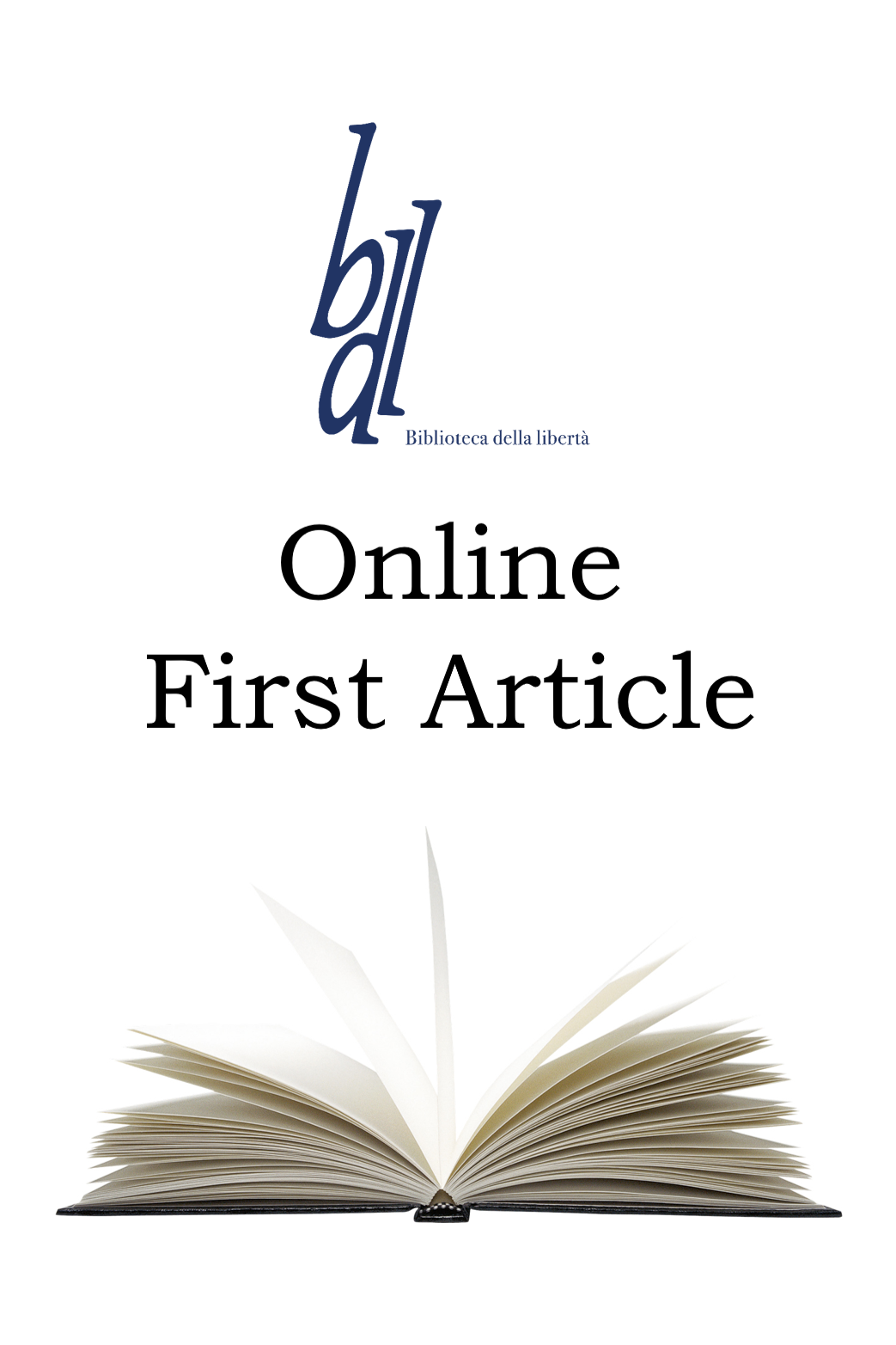- Ricerche e Progetti
- Biblioteca della Libertà
- Pubblicazioni e Working Paper
- Articoli e media
- Eventi e notizie
All issues
La Rete Empori Solidali Emilia-Romagna: un’opportunità per rafforzare il ruolo degli empori solidali come strumento di welfare territoriale
- Categoria/Category
- Bdl online
- Autore/Author
- Caterina De Benedictis, Silvia Scarafoni, Jacopo Sforzi
- Editore/Publisher
- Centro Einaudi
- DOI
- 10.23827/BDL_2024_15
- Luogo/City
- Torino
- Articolo completo/Full text
- 15-DeBenedictis-Scarafoni-Sforzi.pdf
Abstract
This contribution focuses on the model of solidarity emporiums, which have recently been established as welfare tools to combat food poverty and social exclusion, particularly emphasizing their capacity to create networks – both formal and informal – that consolidate and strengthen their role within the local welfare system. Specifically, through a single case study, this work analyzes the only formalized network of solidarity emporiums present at the national level: the Solidarity Emporiums Network of Emilia-Romagna. Solidarity emporiums, which began to develop in the early 2000s in response to the growing incidence of food poverty and social exclusion, have progressively expanded their scope of action, positioning themselves not only as places for the distribution of essential goods but also as mechanisms for community engagement and social inclusion.
Two distinct models of solidarity emporium evolution are preliminarily identified: the first concerns emporiums that operate autonomously through local partnerships, while the second refers to emporiums that aggregate into formal networks, leveraging the sharing of resources and expertise. This contribution focuses on the latter model.
Through the analysis of a case study (Dyer, Wilkins 1991; Yin 2003), specifically the Network of Solidarity Emporiums of Emilia-Romagna, the study aims to examine the added value of belonging to a network, both in terms of the effectiveness and efficiency of strategies to combat food poverty and in relation to the promotion of community empowerment processes.
Methodologically, the research adopts a mixed-methods approach, combining quantitative analysis – through the mapping of solidarity emporiums in Italy, particularly in Emilia-Romagna (Euricse 2022) – with qualitative investigation, conducted through semi-structured interviews and questionnaires administered to a sample of emporiums belonging to the Network.
The objective of this study is twofold. On the one hand, it seeks to examine the evolution of solidarity emporiums in relation to the construction of structured collaboration networks, analyzing their potential to enhance the effectiveness of interventions and the efficiency of resource management. On the other hand, it proposes an empirical investigation aimed at identifying the organizational dynamics of the Network and the added value derived from collective action, with particular attention to improving the quality of services provided and strengthening advocacy capacity towards public institutions and private actors.







